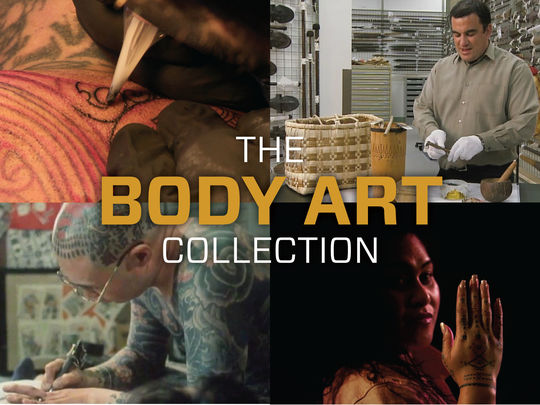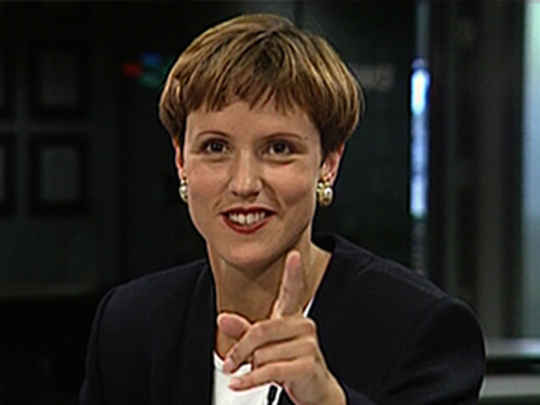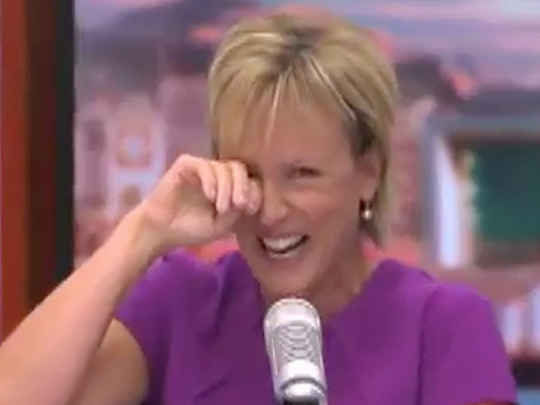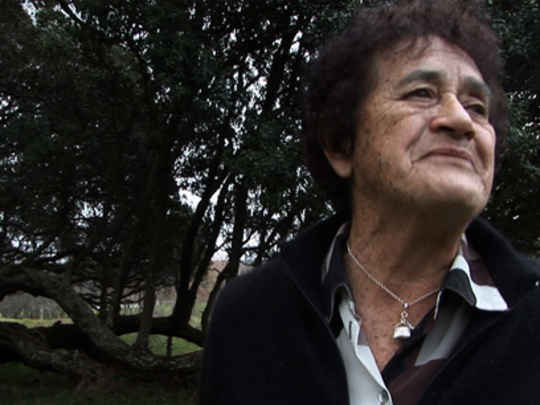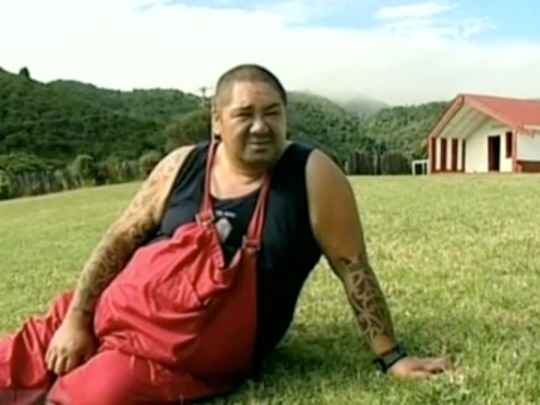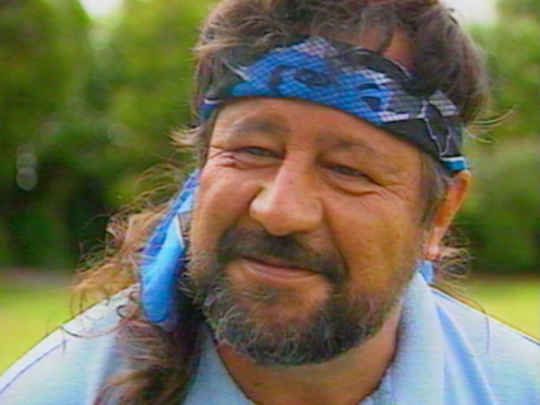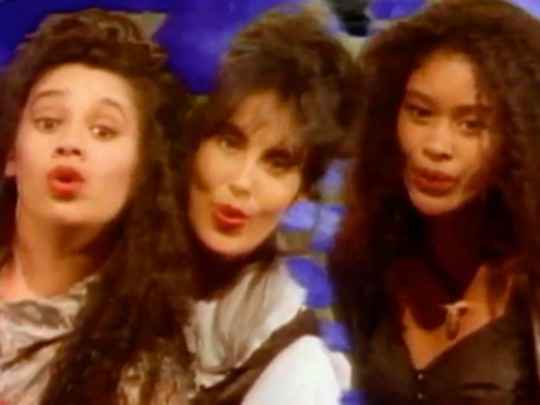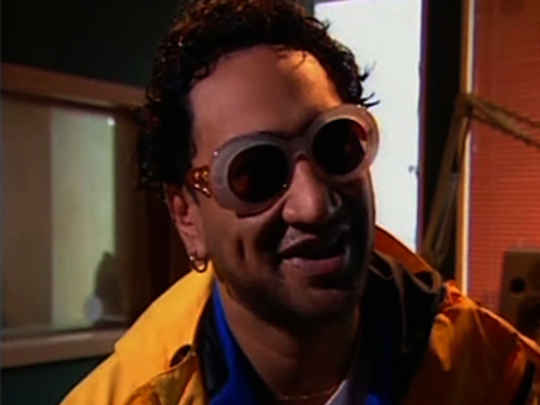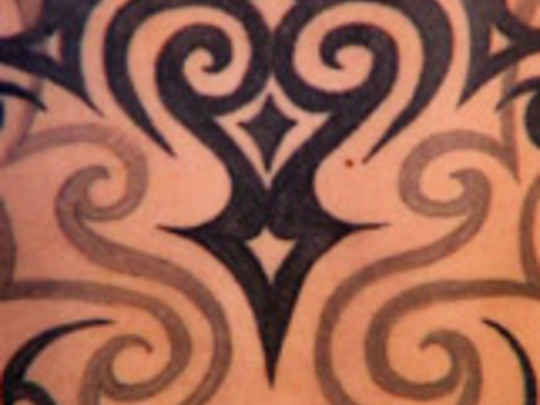Kia Ora, Good Evening
Television (Full Length) – 2022
I'm not going to lie — it's been really hard. Sometimes I've just been in tears about how frustrated I'm feeling, how slow it seems to be coming to me.
– Mike McRoberts opens up about his te reo journey
I remember as a 17-year-old doing an audition for Radio New Zealand. The one comment that came back was that I needed to improve on my Māori.
– Mike McRoberts reveals a painful moment from his career
Whakamā is a powerful force in te reo Māori, it's what is sitting in our stomachs, in our puku making us feel guilt and shame that we can't speak the language that we know our faces make the world expect that we can speak.
– Broadcaster Stacey Morrison explains the Māori term 'whakama'
One time we were out shopping at Bishopdale, and the horrified look on this lady's face, I'll never forget it. It was pretty hard really. There was a stigma to it, and that's all there was to it.
– Mike McRobert's Pākehā mother Lynda recalls racist attitudes to her marriage in 1950s Christchurch, early in this documentary
....me living in Christchurch I had no meaning for it, because there'd be four to one Pākehā to Māori. So I mean, how were you supposed to use it?
– Watene 'Mac' McRoberts on not using his reo while bringing up his children, early in this documentary
Anyway the complaints are really horrible . . . it's quite hateful, hurtful stuff, so I don't read into the comments as much as I used to.
– Mike McRoberts' television colleague Orini Kaipara, on negative feedback she received for her moko kauae (facial tattoo)
Because his job is to be polished and to speak in a beautiful, professional manner...and then when he uses te reo, because he's learning it's not as polished and it's not as perfect and so that's a really difficult place to put yourself in when you do a job like we do.
– Colleague Samantha Hayes on Mike McRoberts' personal standards
It felt like we were at Māori Anonymous because we're standing up and talking about all the things that go wrong. But in the other breath too, we talked about supporting each other.
– Mike McRoberts on meeting teachers at his old school who are also learning te reo Maori
That was really beautiful to listen to. It was really easy to understand, and I could really feel how he was feeling.
– Mike McRoberts' Aunt Tamara Kapene compliments his whaikõrero at Pūtahi Marae
We want and we need our people to feel comfortable to use, express te reo Māori in whatever form that they're able to, on their own marae. Because if you can't do it there, you can't do it anywhere.
– Kiwa Hammond from Pūtahi Marae, on learning te reo
It's the most amazing experience. It's probably one of the most incredible days of my life to be honest.
– Mike McRoberts on receiving his tā moko and being with his whānau at his marae in Wairoa, late in this documentary
Thank God he did come home and do it you know. Best thing ever.
– Watene McRoberts on his son returning to his marae, and speaking te reo
September for me didn't mean spring, it meant angst as I would be charged with producing stories for Te Wiki o te reo Māori (Māori Language Week). How could I possibly promote the use of te reo Māori when I couldn't speak it myself? And while the people I spoke to and reported on were incredibly inspirational, it left me feeling shame and remorse.
– Mike McRoberts on his painful feelings before committing to learn te reo, Newshub website, 13 September 2022
The time and effort and research Shaun put into my moko, and his execution of it, is a taonga (gift) I'll never be able to repay ... it took twelve hours, yeah, twelve hours.
– Mike McRoberts on his talented nephew and moko designer Shaun Halbert-Pene, Newshub website
That comfort zone for me with news is these boundaries you have around being a newsreader, where you're very much the messenger rather than the message. There's no expectation about being emotional or anything like that. That safety net has gone out the window with Kia Ora, Good Evening and I really am laid bare . . . I had no idea just how deep it was going to be.
– Mike McRoberts on this documentary, Newshub, 13 September 2022


